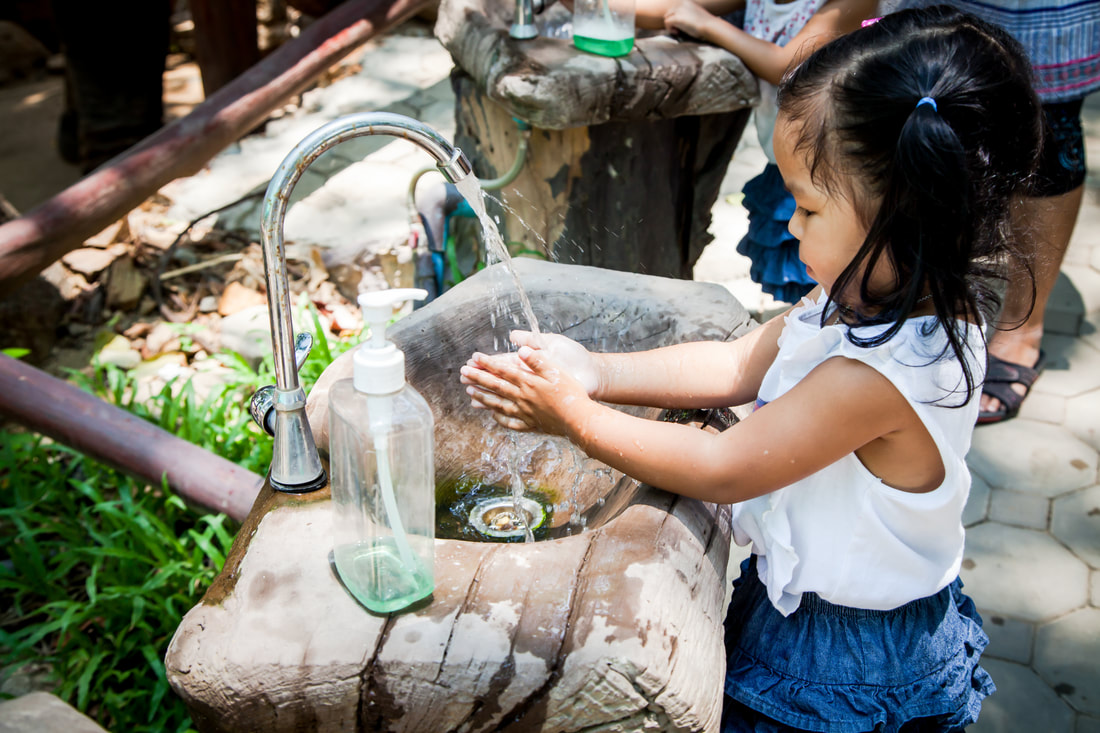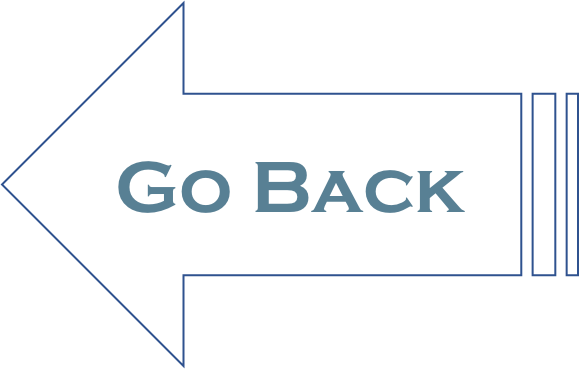Keeping Children Healthy |
Page 4 |
Keeping children of all ages safe and healthy is one of the most important tasks of an early childhood professional.
Whether children are in center- or home-based care, educators are responsible for ensuring safety both inside and outside of their child care setting. Parents are the primary teachers and role models for young children. When parents are asked what is the most important thing they look for when seeking an early childhood program, a healthy and safe environment is at the top of the list. With this in mind, educators must include parents in their efforts to create healthy environments and teach healthy habits to the children in their program.
|
Developmentally appropriate practices are very much a part of any quality early childhood program.
Educators should consider the level of ability of the children in their care. As children develop differently, the actual age of the child is less important than the ability of the child to understand concepts and tasks. |
Infants and toddlers whose hands must be washed after diaper-changing will need individualized support depending on how independent they are. Some 24-month-olds may be able to step up to a sink, turn the water on and wash their hands with minimal supervision, while others need to be assisted at each step in the process. Expect that toddlers will probably want to spend a great deal of time learning from their play with the water.
Children learn best from consistent, clear, gentle and timely reminders that are pleasant and fun for them. For example, rather than irritably repeating “wash your hands,” instead try singing a song about hand washing. To avoid the transmission of disease, stress personal hygiene and safe food handling practices. Plan for emergencies such as control of head lice. Also plan for sudden illnesses. In addition, obtain the knowledge and skill to provide first aid treatment.
Young children depend upon the adults in their lives to make healthy choices for them and to teach them to make such choices for themselves. Specific staff should be appointed to be responsible for specific health-related duties. For example, one staff person may be in charge of checking the first aid kits every month and restocking them when needed. Another staff person could be assigned the task of checking medication boxes once a month to be sure outdated medicines have been returned to the parents or discarded, and that the Medication Authorization Form and the Medication Record that the staff signs are filed in the child’s file. A staff person could be in charge of checking immunization forms once a month to ensure they are kept up to date.
Optional Resources for Further Study
- Dental Care: Educational Materials, Delta Dental of Washington
- American Dental Association thanks Surgeon General for fluoridation support
- Caring for Our Children, National Health and Safety Performance Standards
- Health and Safety Checklist for Early Care and Education Programs: Based on Caring for Our Children National Health and Safety Performance Standards


